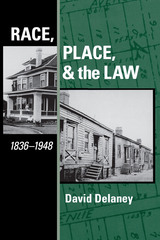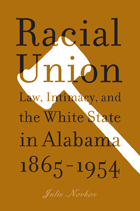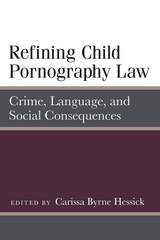Paper: 978-0-87840-601-2
This book is the first comprehensive examination of medical ethics in the Renaissance. It investigates the ethical considerations, evaluations of procedures, and techniques of problem-solving in the writings of European physicians and surgeons from the mid-sixteenth through the mid-seventeenth centuries.
While much of the medical practice and literature of the Renaissance remained a continuation or reinterpretation of ancient medicine, Winfried Schleiner reveals an emerging self-conscious field of medical ethics that should be considered modern, as it increasingly separates medicine from theology, the cure of the body from that of the soul. The exceptions to this trend appear in the discussions of certain sexual topics, such as masturbation, by physicians close to the Counter-Reformation. Analyzing the writings of Protestant, Catholic, and Jewish physicians—the latter developed the most secular medical ethics of the era—he probes the dominant and emerging philosophical ideas together with conceptions of the role of physicians and of physical well-being.
Schleiner selects several topics to explore the development of ethical ideas in depth: placebos and the broader issue of lying to patients; the treatment of hysteria; masturbation; and the prevention of sexually transmitted diseases—subjects that are still highly charged moral as well as medical topics today.
This pioneering study will be of value to ethicists and to historians of science, medicine, and Renaissance and gender studies.
See other books on: Ethics | Medical | Medical Ethics | Renaissance
See other titles from Georgetown University Press












